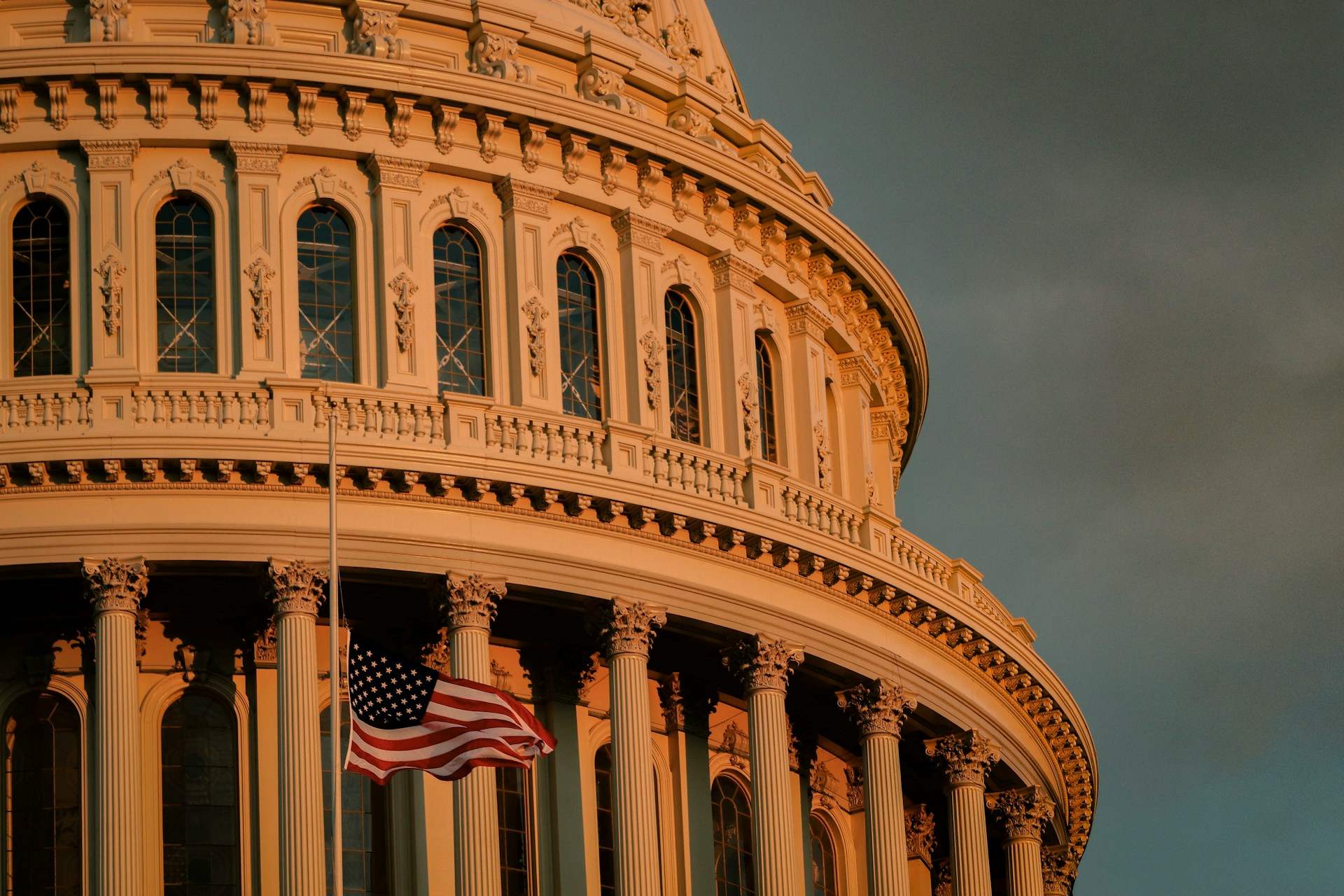Elon Musk’s Department of Government Efficiency (DOGE) is reportedly expanding the use of his AI chatbot, Grok, within U.S. federal agencies, including the Department of Homeland Security (DHS). Sources indicate that DOGE deployed a customized version of Grok to analyze government data without proper authorizations, potentially violating privacy laws and conflict-of-interest regulations. This development has raised significant ethical and legal concerns among privacy advocates and government ethics specialists.
The deployment of Grok within DHS occurred despite the tool lacking formal approval for use within the department. DOGE staff allegedly encouraged DHS officials to adopt Grok, bypassing standard procedures for introducing new technologies into federal agencies. Experts warn that such actions could compromise sensitive government data and grant Musk’s companies, including Tesla and SpaceX, access to valuable nonpublic federal contracting information. This situation underscores the challenges of integrating private-sector technologies into public institutions without adequate oversight.
The controversy surrounding Grok’s use in federal agencies adds to ongoing legal battles involving DOGE. On May 23, 2025, the U.S. Supreme Court issued a temporary stay halting a lower court’s order that required DOGE to release records and answer questions related to its operations. The lawsuit, filed by Citizens for Responsibility and Ethics in Washington (CREW), seeks transparency regarding DOGE’s involvement in federal employee firings and program cuts. The Trump administration argues that DOGE functions as an advisory body and is exempt from the Freedom of Information Act (FOIA). The Supreme Court’s stay allows more time for deliberation as the legal process continues.
These developments highlight the complexities of balancing innovation with accountability in government operations. As federal agencies increasingly collaborate with private-sector entities, establishing clear guidelines and oversight mechanisms becomes crucial to ensure that technological advancements do not compromise public trust or legal standards.


